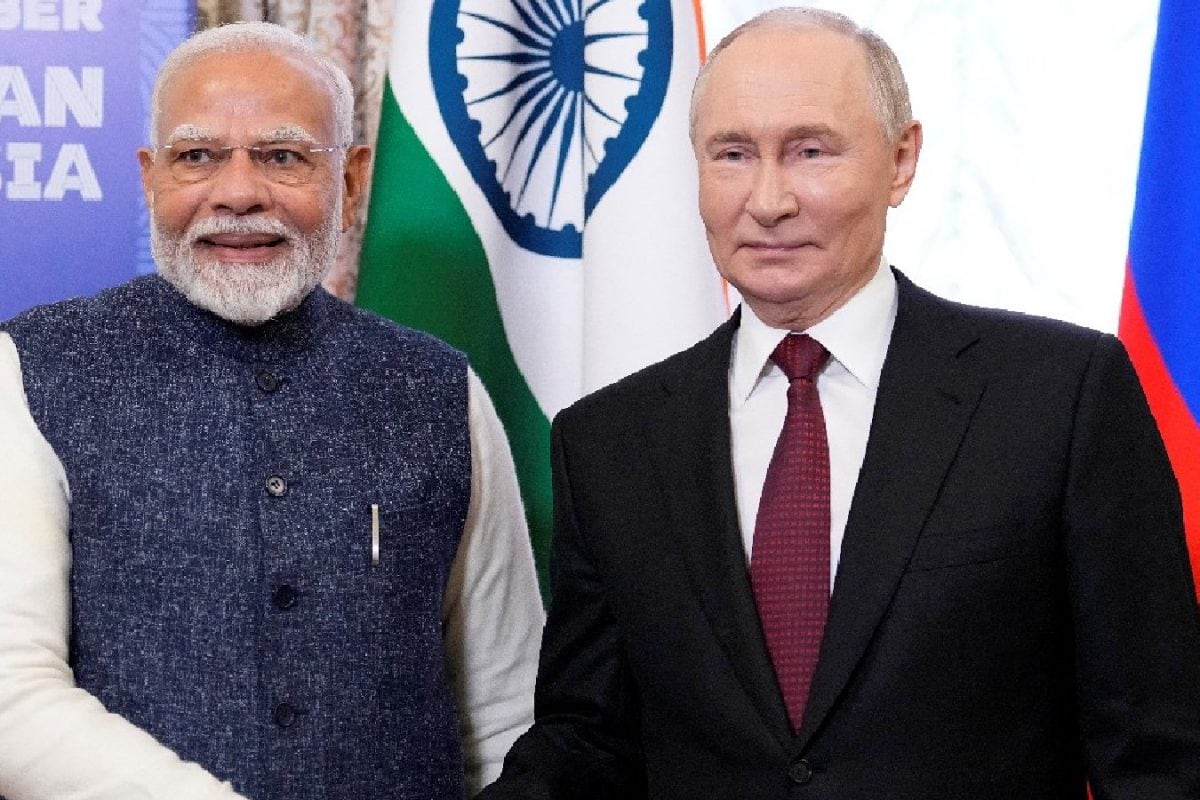

Amidst rising geopolitical tensions, Russian President Vladimir Putin is expected to visit India in late August 2025 for key talks with Prime Minister Narendra Modi. However, conflicting reports also suggest the visit could be at the end of 2025. This visit occurs at a critical juncture, with the U.S., under President Donald Trump, increasing pressure on India over its continued import of Russian oil.
Trump has recently imposed an additional 25% tariff on imports from India in response to New Delhi's continued purchase of Russian oil, bringing the total tariff to 50%. The White House stated that this move targets Russian oil sales that support Moscow's war economy and opens the door for similar tariffs on other countries. Trump's executive order cites national security concerns, arguing that India's oil imports from Russia pose an "unusual and extraordinary threat" to U.S. foreign policy. The imposed tariffs aim to pressure Russia "toward a resolution that ends the conflict and saves lives".
India's Ministry of External Affairs has responded with a statement calling the tariffs "unfair, unjustified and unreasonable". The ministry defended India's position, stating that its imports are based on market factors and aimed at ensuring energy security for its 1.4 billion people. They also questioned why India is being singled out when other countries continue to import Russian oil.
India has significantly increased its Russian oil imports since Moscow's full-scale invasion of Ukraine in 2022, taking advantage of discounted prices and reduced demand from Europe. Russia has become India's top oil supplier, accounting for over 35% of its total crude imports. An energy expert noted that India's purchases are primarily driven by economics, citing the discounts offered by Russia.
The situation has created a complex balancing act for India, which has historically maintained strong ties with Russia while also fostering a growing relationship with the United States. National Security Advisor Ajit Doval recently visited Moscow to discuss defense cooperation, energy ties, and preparations for the upcoming summit. Discussions included Russian oil supplies, bilateral defense deals, and broader regional security issues. India and Russia have reaffirmed their commitment to boost bilateral defense cooperation.
The U.S. pressure on India to reduce its Russian oil imports could lead India to diversify its sources. If U.S. penalties force a cut in Russian imports, India may look to Middle Eastern, African, and other suppliers. Analysts estimate that shifting away from Russian crude could increase India's annual oil import bill significantly.
The tariffs and diplomatic pressure from the U.S. have the potential to strain U.S.-India relations. Some view Trump's actions as an attempt to cut the U.S. trade deficit with India and pressure Russia to negotiate. However, India's government has asserted that it will not be dictated by any country on its energy policy. The Indian government has not given any direction to oil companies to reduce Russian imports.
The upcoming talks between Putin and Modi will be crucial in navigating these challenges and reaffirming the strategic partnership between India and Russia. Despite the U.S. sanctions and pressure, India seems intent on maintaining its strategic autonomy and pursuing its economic interests while seeking to balance its relationships with both Russia and the United States.